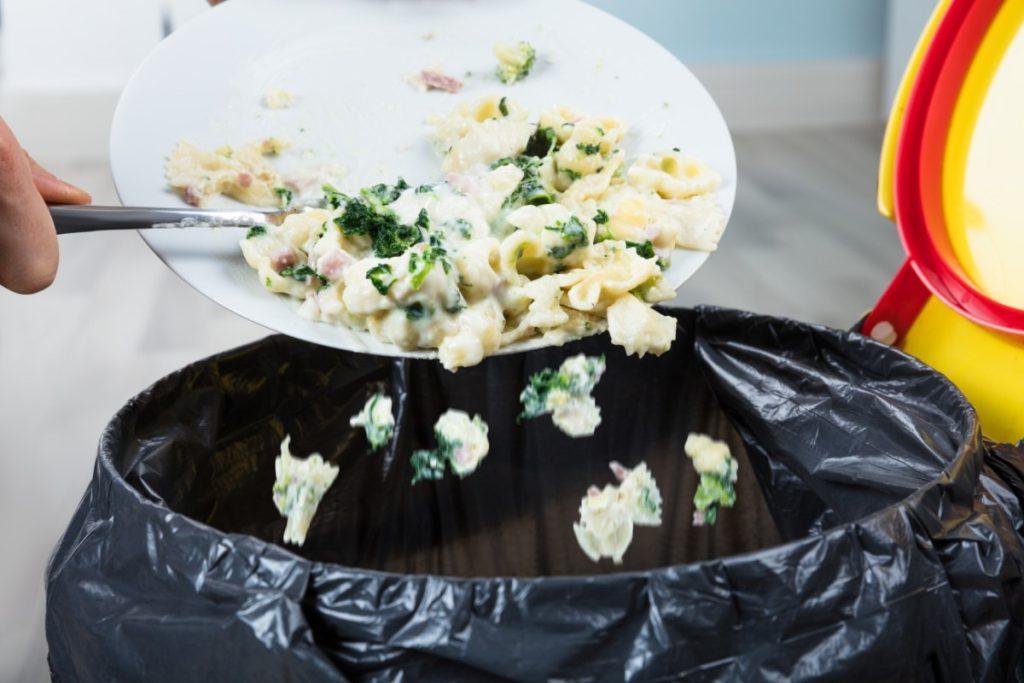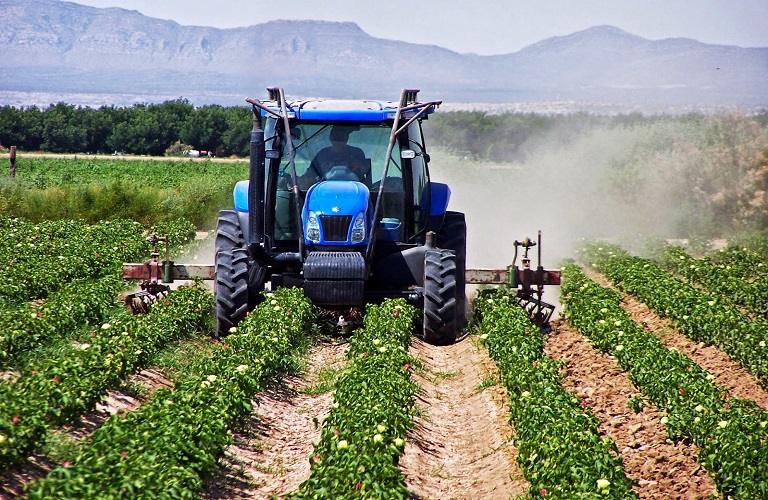Greece remains among the top three countries in Europe in terms of food waste per person, alongside Denmark and Cyprus, according to Eurostat.
Households account for 44.3% of total waste, with 926,509 tons thrown away by Greek homes. The remaining 56% comes from primary production, processing, trade, and hospitality.
In 2023, Greece discarded more than 2 million tons of food (2,091,442 tons), a figure that has remained almost unchanged since 2020. Each Greek wastes roughly 201 kilograms of food annually, placing the country third in Europe.
For comparison, the Czech Republic, with a similar population, wastes only about half as much food. The Netherlands also ranks high, though its population is nearly twice the size.
The analysis excludes food that was not harvested or not allowed to enter the market for safety reasons. Households were responsible for 53% of total waste (69 kilograms per person), while the remaining 47% came from upstream stages of the supply chain.
In Greece, household food waste accounts for 44% of the total, lower than the EU average of more than 50%.
In the retail, hospitality, and household sectors, wasted food represents around 9% of what reaches consumers. At the same time, EU countries are gradually improving measurement methods to enhance accuracy and comparability.
Household food waste is almost double that of primary production (12 kilograms per person, or 10%) and of the food and beverage production and processing sector (24 kilograms, or 19%), sectors where reduction strategies are already in place, including the use of discarded parts as byproducts. The hospitality and retail/distribution sectors are responsible for 14 kilograms (11%) and 10 kilograms (8%) of waste per person, respectively.
Across the EU, out of a total of 58 million tons of food waste (fresh mass), 31 million tons (53%) come from households, under 11 million tons (19%) from processing and production, and the remaining 29% from primary production (just under 6 million tons, 10%), hospitality (under 7 million tons, 11%), and retail (just under 5 million tons, 8%).
Source: tovima.com



![Beta Securities: Σε φάση επέκτασης οι ελληνικές τράπεζες – Τι σηματοδοτεί το 2026 [Πίνακες]](https://www.ot.gr/wp-content/uploads/2026/01/ot_banks_2025-1024x600-1-1-1-1.jpg)
![e-ΕΦΚΑ: Πώς θα παραμείνουν ασφαλιστικά «καλυμμένοι» οι αγρότες [πίνακας]](https://www.ot.gr/wp-content/uploads/2024/12/ot_agrotis_sitari.png)



































